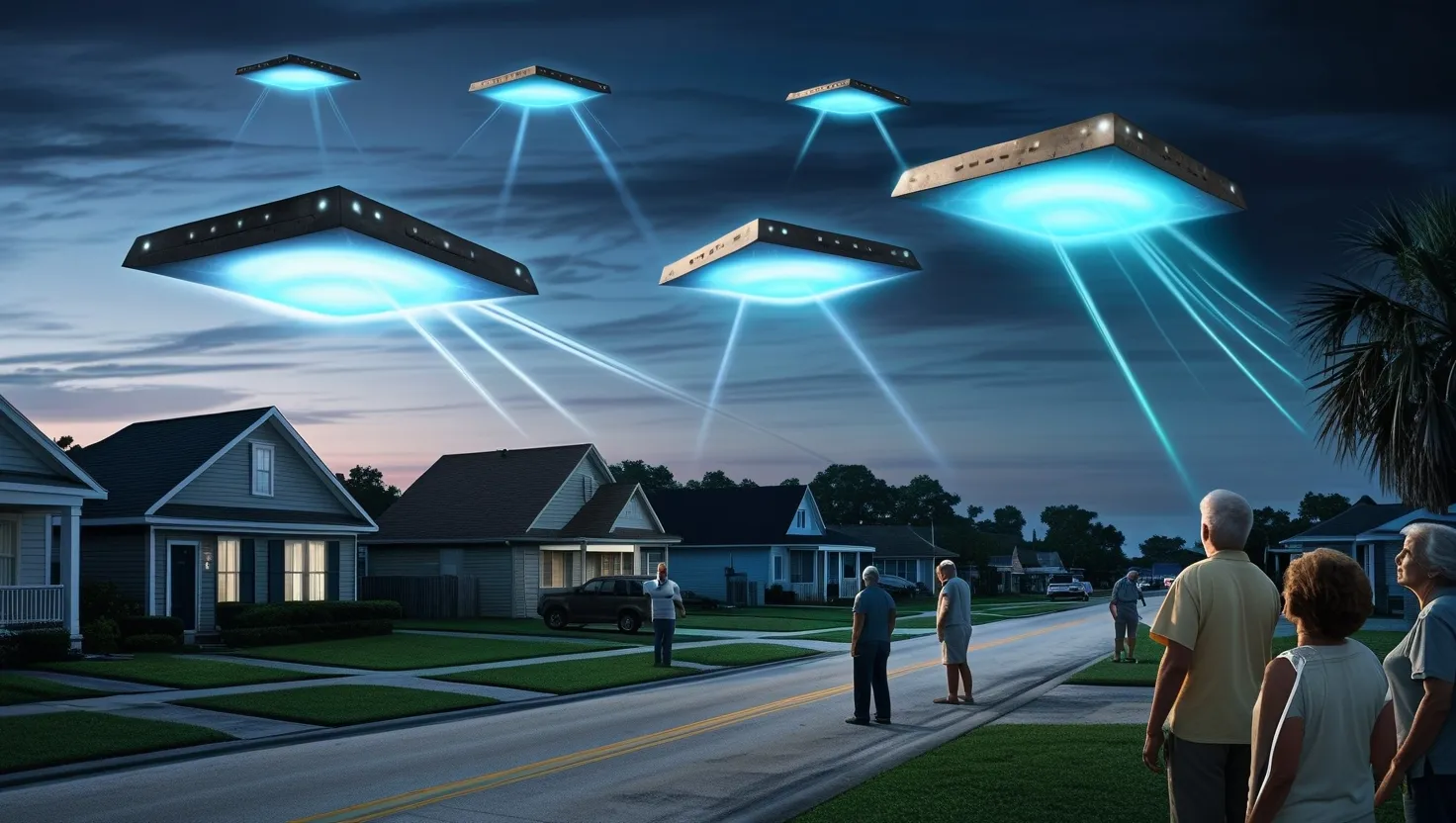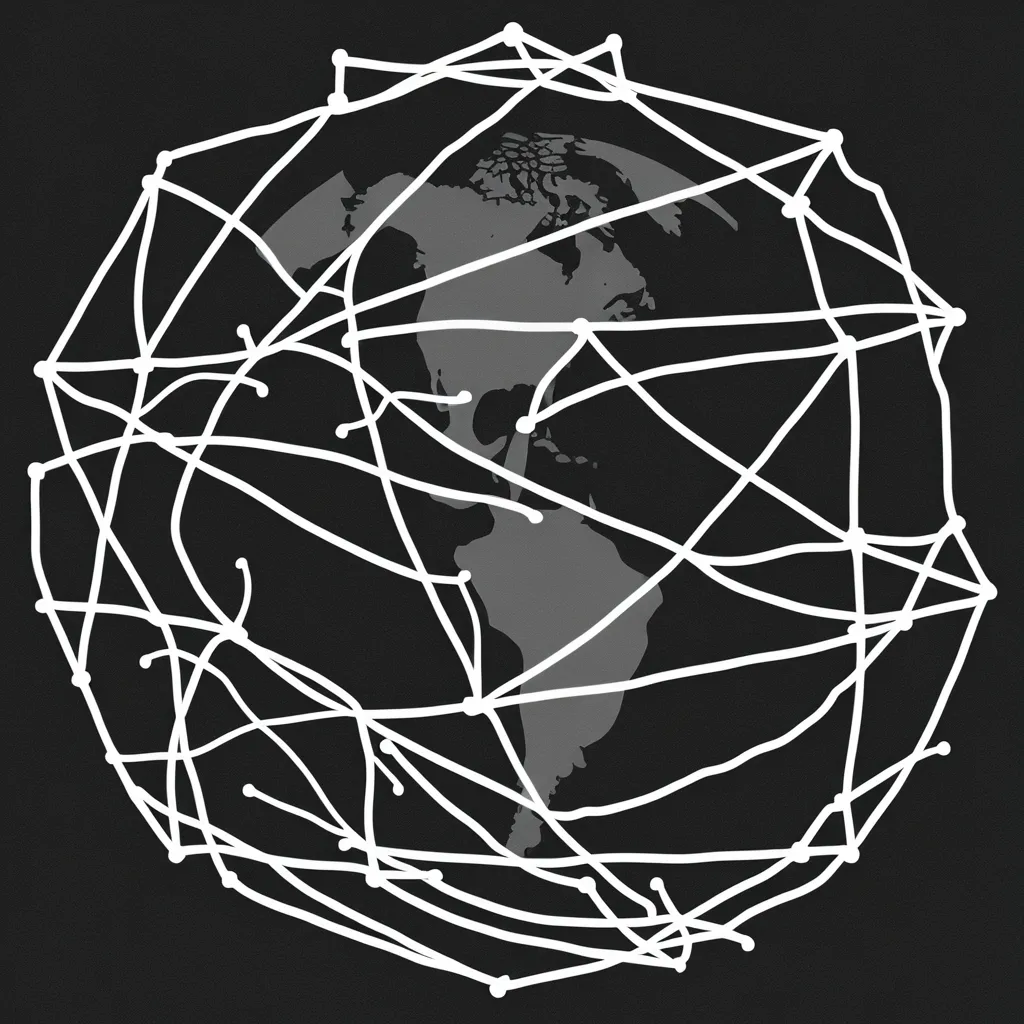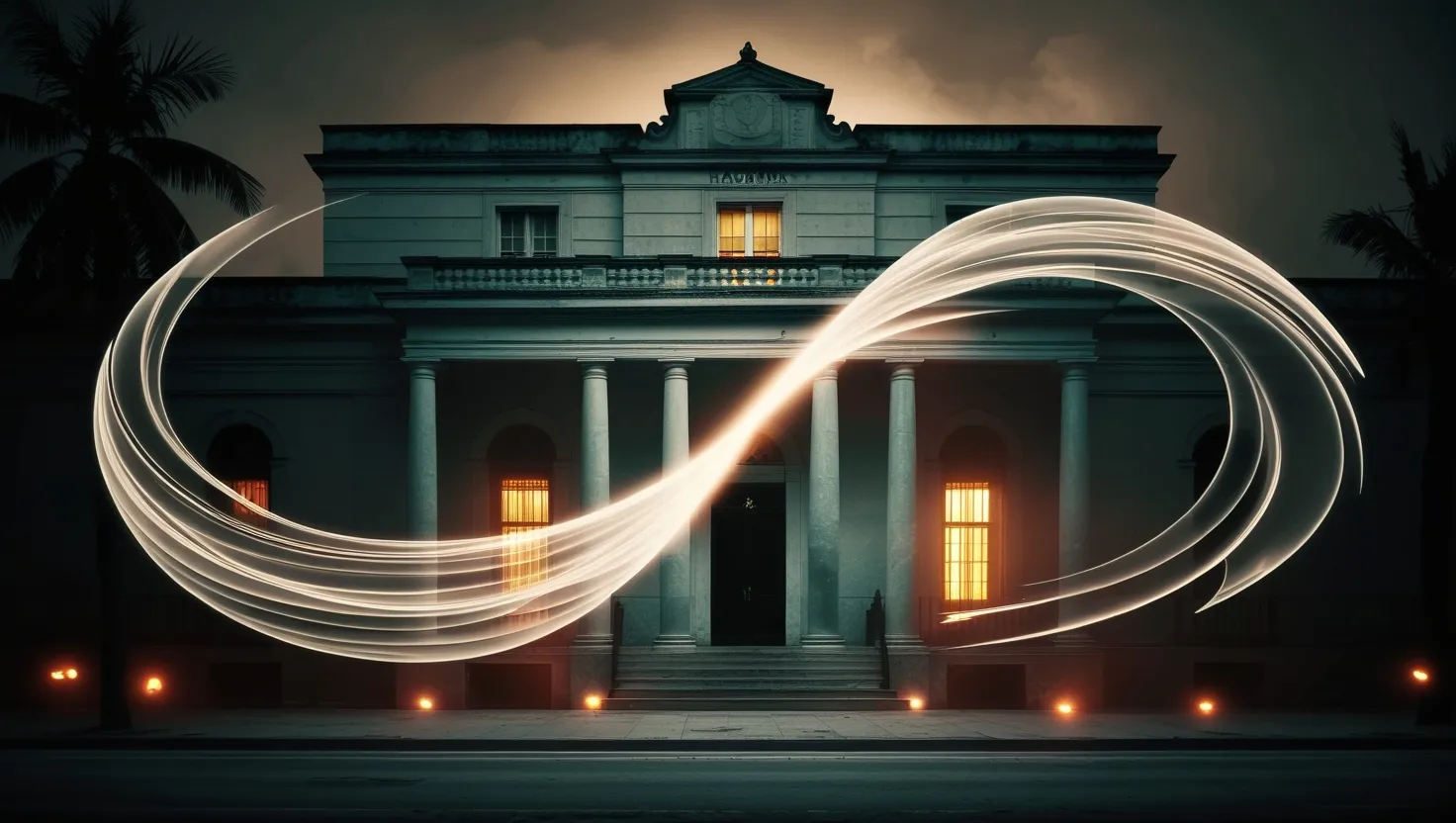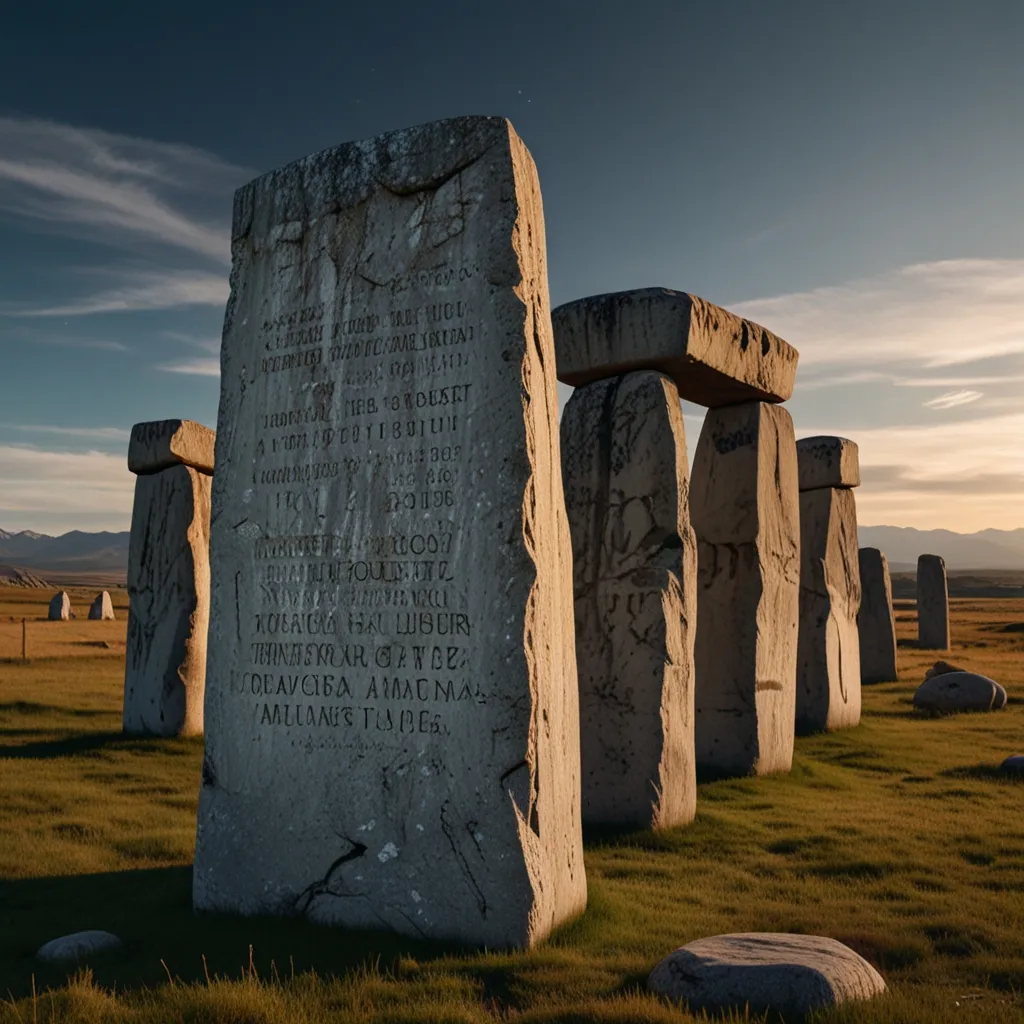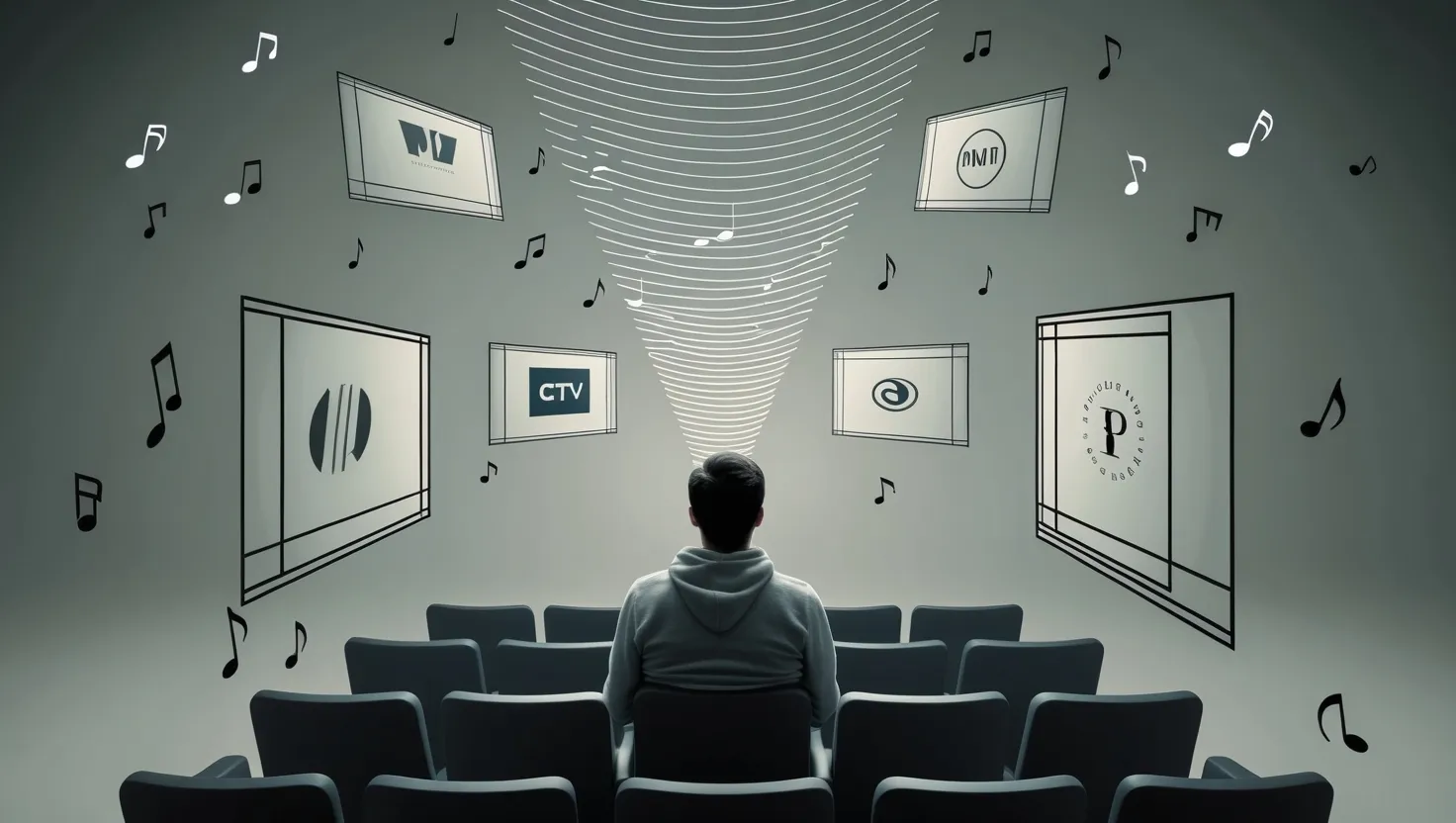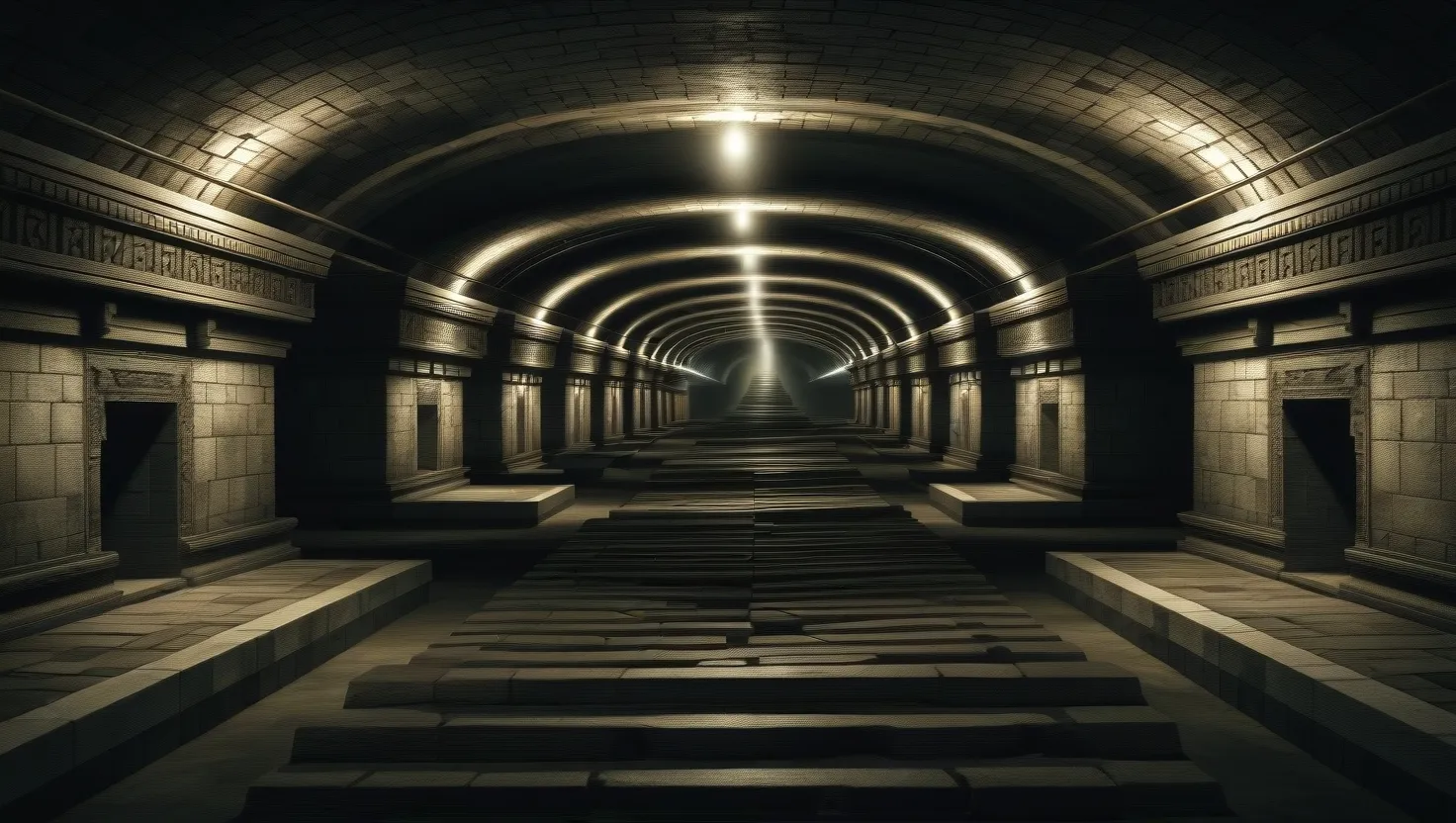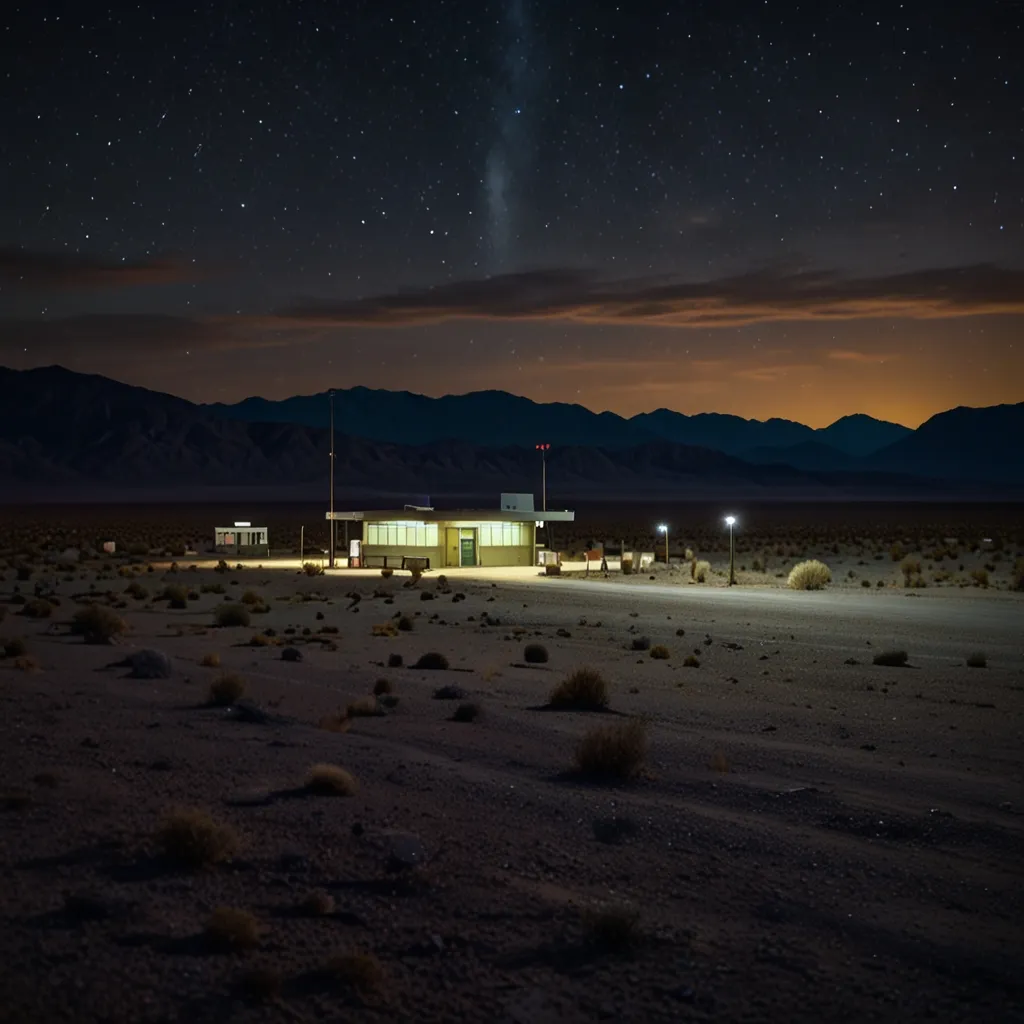If you had walked the quiet streets of Gulf Breeze, Florida in the late 1980s, you’d have seen little to distinguish this sleepy coastal town from any other along the Gulf. Yet for a few bewildering years, Gulf Breeze became a global stage for one of the most debated UFO stories in American history. As I examine those strange nights and wild claims, I find myself wrestling with questions I can’t easily answer—and I invite you to join me in considering: were these events just crafty trickery, collective illusion, or a brush with something we haven’t yet begun to categorize?
It’s tempting to start with the photographs. Ed Walters, a contractor and Gulf Breeze resident, presented a stack of polaroids that weren’t the fuzzy, distant smudges typical of flying saucer lore. These images were crisp, detailed, and most curious of all, consistent—from the peculiar wedge-shaped object to the odd glyphs on its hull. Walters insisted he didn’t just snap pictures; he experienced close encounters. According to his account, blue beams of light immobilized him. He saw the craft land, deposit five beings in the road, and even claimed the visitors communicated telepathically—switching between English and Spanish and showing him a book filled with dog pictures. These details verge on the surreal, yet they are exactly what rooted the Gulf Breeze case in the public imagination: this wasn’t just blurry dots in the sky, but a story with peculiar edges, concrete artifacts, and physical effects.
“Somewhere, something incredible is waiting to be known.” —Carl Sagan
Now and then, I think about how the scientific community descended on Gulf Breeze, picking apart every frame. Optical experts scrutinized the photographs, hunting for double exposures or sleight of hand. There were no obvious mistakes—parallax, lighting, all checked out. And then there were the claims about the physics: the craft seemed both to absorb and reflect light in odd ways, warping the air around it like heat on pavement. Radiation surveys of the sites offered further intrigue; there were traces of beta and gamma emissions, the types of signatures that hint at something out of the ordinary—though not conclusive of extraterrestrial activity. Still, how many alleged UFO sightings come with even a sliver of this kind of measurable anomaly?
What really complicates these events isn’t just the technical analysis. It’s the community reaction. After Walters’ photographs hit the front page, others in Gulf Breeze began reporting similar objects, sometimes describing their own close encounters. You might wonder—was this a copycat effect, or the pressure of suggestion? Yet the testimonies often included minute, quirky details: an overbright glow, a strange humming vibration, animals behaving oddly. And there were dozens, each with its own quirks, overlapping just enough to keep suspicions at bay.
“Reality is merely an illusion, albeit a very persistent one.” —Albert Einstein
Anyone who has studied the Gulf Breeze phenomenon must tackle the most persistent rumor: hoax. In a neat twist of fate, years after Walters and his family moved out, a model UFO made of styrofoam was found in the attic. This seemed to offer a tidy resolution—that it was all an elaborate trick. But Walters insisted it was a plant, deliberate sabotage to discredit him. Snapping a model and manipulating photographs isn’t impossible, certainly not in the pre-Photoshop era, but side-by-side comparisons with the original images fueled debate instead of ending it. The technical challenges required to fake consistent backgrounds, lighting, and even motion blur stumped some skeptics. So who do I believe—Walters quietly planting evidence, or an elaborate scheme to topple a local celebrity?
Buried in the excitement, a stranger dimension emerged. Medical and neurological examinations of people who claimed close contact revealed transient changes in blood chemistry and brain activity—patterns occasionally seen in those exposed to strong electromagnetic fields and non-ionizing radiation. If this is an illusion or group mania, why would it show up in brainwaves? If it’s a hoax, what is shifting their physiology? These are questions that defy easy classification. Could widespread expectation or fear tilt the body’s chemistry, or was something physically happening in these neighborhoods that science still struggles to describe?
The plot thickened with odd patterns of military presence. Locals saw Navy teams conducting nighttime maneuvers. Air traffic records contained strange, blip-like traces—“fast movers” streaking without transponder signals at speeds and altitudes that confounded controllers. Was the government running silent test flights, perhaps experimental stealth aircraft? A retired officer later suggested plasma-based stealth technology trials lined up with the wave of sightings. Is it possible that the UFOs were terrestrial technology in the wrong place at the wrong time? If so, is the real cover-up about national security, not extraterrestrials?
“The most beautiful thing we can experience is the mysterious.” —Albert Einstein
I sometimes imagine how it must’ve felt to have the ordinary lines of life—work, family, a simple evening sky—suddenly bent by something that logic can’t quite touch. Was Gulf Breeze a mass experiment in suggestibility? Or did its proximity to advanced radars and bases make it ground zero for bleeding-edge technology? Or do these events mark a collision of perception and something entirely novel—something truly interdimensional?
If I set aside the urge to categorize, the case becomes more intriguing, not less. Ed Walters wasn’t the only one seeing lights. Entire families watched luminous masses dart in and out of sight, while pets growled at nothing. Local artists painted murals inspired by the sightings. Some residents even turned their homes into elaborate tributes, complete with flying-saucer sculptures and glowing alien eyes in the garden, blending folklore with personal experience.
“Not only is the universe stranger than we imagine, it is stranger than we can imagine.” —J.B.S. Haldane
Here’s what sticks with me about Gulf Breeze: the ambiguity is the point, not the problem. The sharp boundaries between hoax, hallucination, and otherworldly contact grow softer when tested by authentic human experience. Hysteria exists, but so do unexplained residues and high-speed objects on radar. Hoaxes happen, but so do classified military projects and collective dreams manifested in the quiet dark.
What was it like to walk outside each night, never knowing if a luminous wedge might hover overhead? How did ordinary people debate the meaning of it all at grocery stores and city council meetings? Local kids grew up teasing each other about “blue beams” and dog books, but also nursing a quiet sense that their hometown was special—an epicenter for the strange.
We all look for boundaries, crave certainty. Was this case mass delusion or a botched cloak-and-dagger experiment? Sometimes the answer may be “both.” There’s a thin line separating genuine wonder from manipulation, sincere testimony from performance, neurological side-effect from genuine encounter.
Are you convinced that everything in Gulf Breeze can be explained away? Or do you sometimes consider the possibility that we are, as Arthur C. Clarke suggested, encountering a technology so advanced it is indistinguishable from magic? How would you react if your own neighborhood became the site of impossible things?
Gulf Breeze remains one of those rare moments where fact and fiction blur so thoroughly, the very act of investigating becomes an exercise in humility. Reports died down, the model gathered dust, but that chapter in Florida’s history keeps asking its silent questions. I don’t have answers—only an increasing respect for the persistence of mystery. And perhaps, in the end, that’s what matters most.
“The important thing is not to stop questioning. Curiosity has its own reason for existence.” —Albert Einstein
